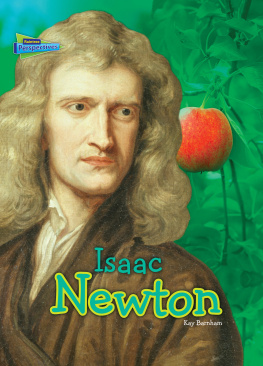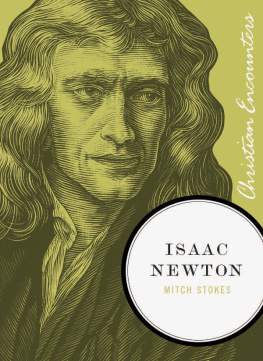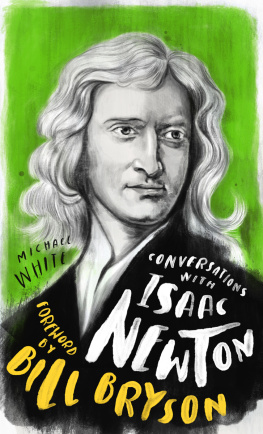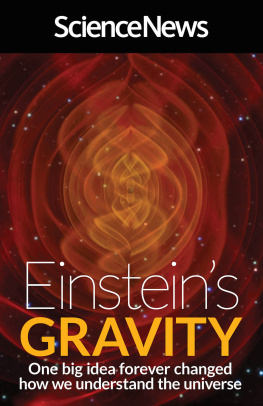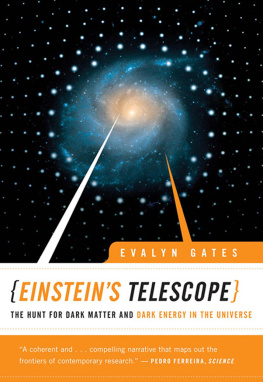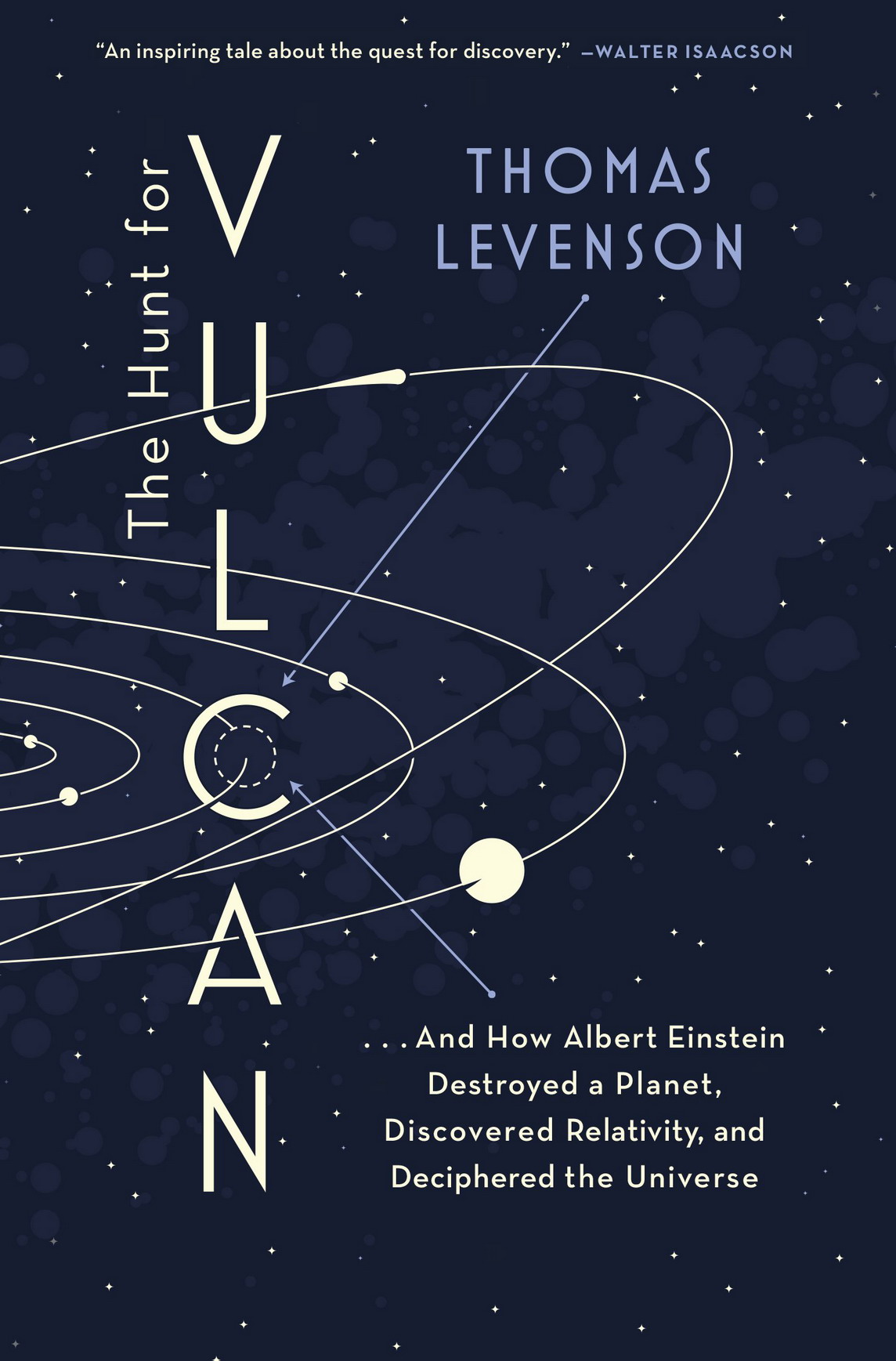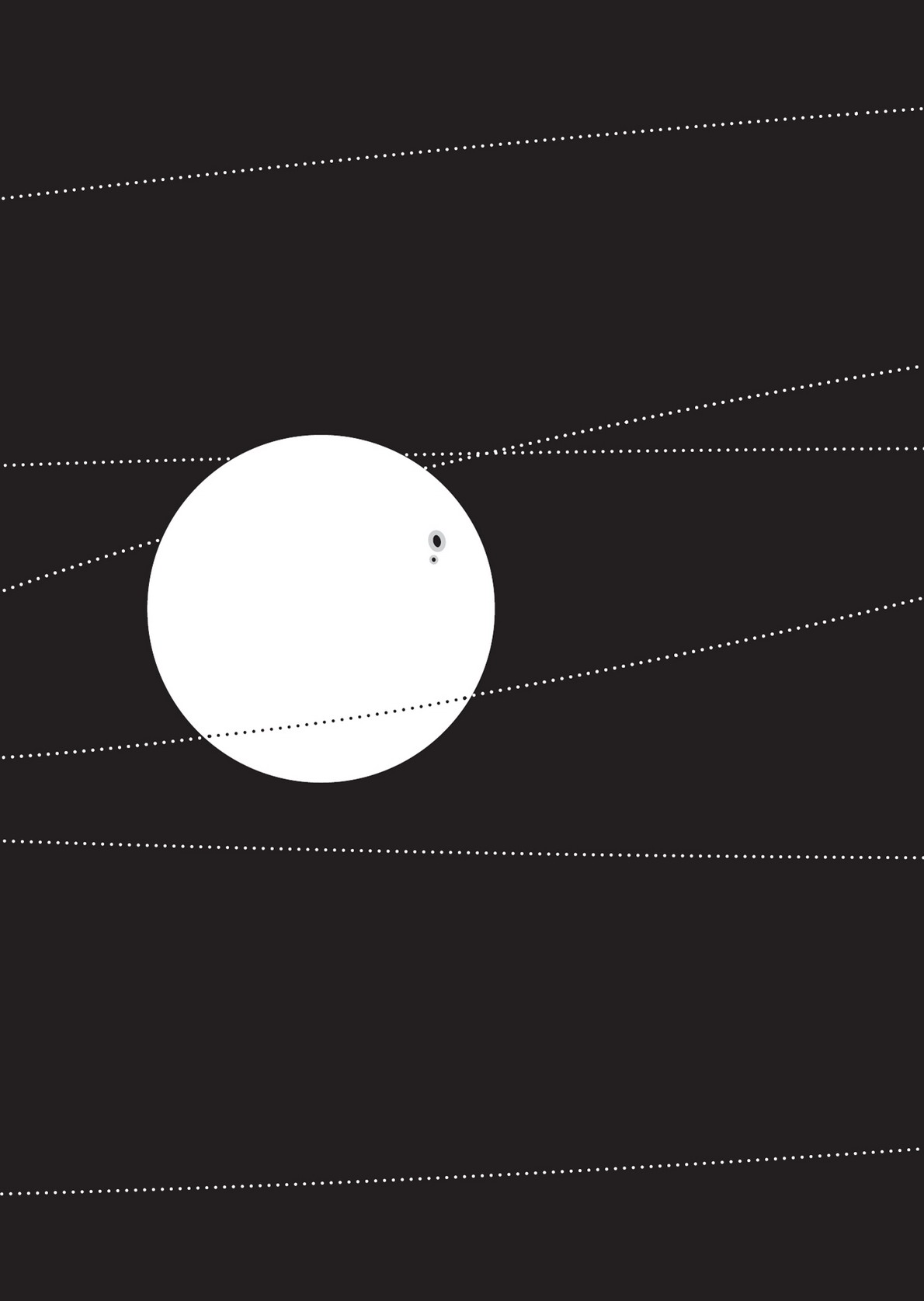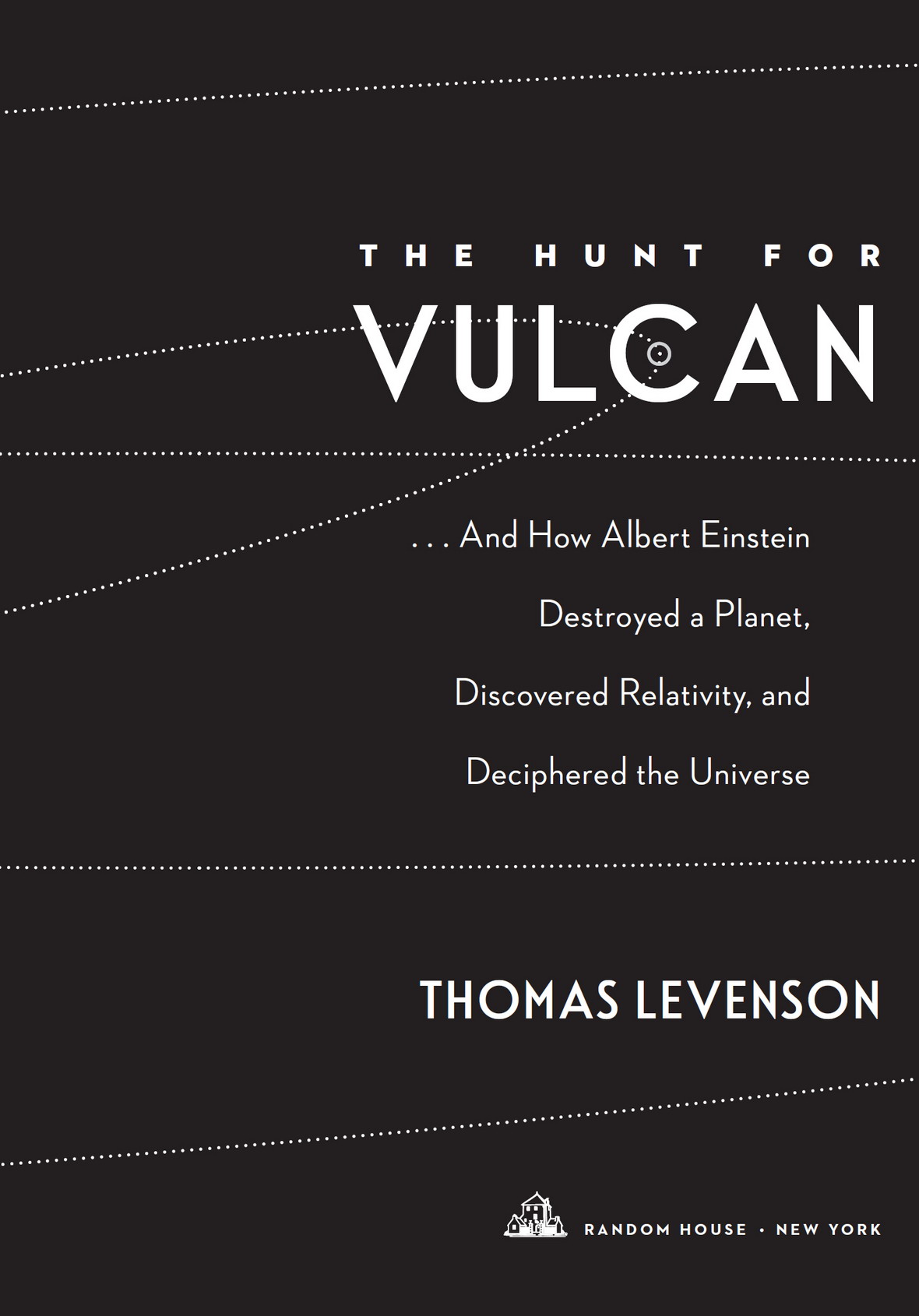Thomas Levenson - The Hunt for Vulcan: . . . And How Albert Einstein Destroyed a Planet, Discovered Relativity, and Deciphered the Universe
Here you can read online Thomas Levenson - The Hunt for Vulcan: . . . And How Albert Einstein Destroyed a Planet, Discovered Relativity, and Deciphered the Universe full text of the book (entire story) in english for free. Download pdf and epub, get meaning, cover and reviews about this ebook. year: 2015, publisher: Random House, genre: Detective and thriller. Description of the work, (preface) as well as reviews are available. Best literature library LitArk.com created for fans of good reading and offers a wide selection of genres:
Romance novel
Science fiction
Adventure
Detective
Science
History
Home and family
Prose
Art
Politics
Computer
Non-fiction
Religion
Business
Children
Humor
Choose a favorite category and find really read worthwhile books. Enjoy immersion in the world of imagination, feel the emotions of the characters or learn something new for yourself, make an fascinating discovery.

- Book:The Hunt for Vulcan: . . . And How Albert Einstein Destroyed a Planet, Discovered Relativity, and Deciphered the Universe
- Author:
- Publisher:Random House
- Genre:
- Year:2015
- Rating:4 / 5
- Favourites:Add to favourites
- Your mark:
The Hunt for Vulcan: . . . And How Albert Einstein Destroyed a Planet, Discovered Relativity, and Deciphered the Universe: summary, description and annotation
We offer to read an annotation, description, summary or preface (depends on what the author of the book "The Hunt for Vulcan: . . . And How Albert Einstein Destroyed a Planet, Discovered Relativity, and Deciphered the Universe" wrote himself). If you haven't found the necessary information about the book — write in the comments, we will try to find it.
For more than fifty years, the worlds top scientists searched for the missing planet Vulcan, whose existence was mandated by Isaac Newtons theories of gravity. Countless hours were spent on the hunt for the elusive orb, and some of the eras most skilled astronomers even claimed to have found it.
There was just one problem: It was never there.
In The Hunt for Vulcan, Thomas Levenson follows the visionary scientists who inhabit the story of the phantom planet, starting with Isaac Newton, who in 1687 provided an explanation for all matter in motion throughout the universe, leading to Urbain-Jean-Joseph Le Verrier, who almost two centuries later built on Newtons theories and discovered Neptune, becoming the most famous scientist in the world. Le Verrier attempted to surpass that triumph by predicting the existence of yet another planet in our solar system, Vulcan.
It took Albert Einstein to discern that the mystery of the missing planet was a problem not of measurements or math but of Newtons theory of gravity itself. Einsteins general theory of relativity proved that Vulcan did not and could not exist, and that the search for it had merely been a quirk of operating under the wrong set of assumptions about the universe. Levenson tells the previously untold tale of how the discovery of Vulcan in the nineteenth century set the stage for Einsteins monumental breakthrough, the greatest individual intellectual achievement of the twentieth century.
A dramatic human story of an epic quest, The Hunt for Vulcan offers insight into how science really advances (as opposed to the way were taught about it in school) and how the best work of the greatest scientists reveals an artists sensibility. Opening a new window onto our world, Levenson illuminates some of our most iconic ideas as he recounts one of the strangest episodes in the history of science.
Praise for The Hunt for Vulcan
Delightful . . . a charming tale about an all-but-forgotten episode in science history.The Wall Street Journal
Engaging . . . At heart, this is a story about how science advances, one insight at a time. But the immediacy, almost romance, of Levensons writing makes it almost novelistic.The Washington Post
A short, beautifully produced book that tells a cautionary tale. . . . Levenson is a breezy writer who renders complex ideas in down-to-earth language.The Boston Globe
Looping through science history from Isaac Newton onwards, Levenson elegantly reveals the evolutionary nature of scientific thought.Nature
This delightful and enlightening drama tells the story of the hunt for a planet that did not exist and how Einstein resolved the mystery with the most beautiful theory in the history of science.Walter Isaacson
Equal to the best science writing Ive read anywhere, by any author. Beautifully composed, rich in historical context, deeply researched, it is, above all, great storytelling.Alan Lightman, author of The Accidental Universe
Levenson tells us where Vulcan came from, how it vanished, and why its spirit lurks today. Along the way, we learn more than a bit of just how science workswhen it succeeds as well as when it fails.Neil deGrasse Tyson
Science writing at its best. This book is not just learned, passionate, and wittyit is profoundly wise.Junot Daz
Thomas Levenson: author's other books
Who wrote The Hunt for Vulcan: . . . And How Albert Einstein Destroyed a Planet, Discovered Relativity, and Deciphered the Universe? Find out the surname, the name of the author of the book and a list of all author's works by series.




